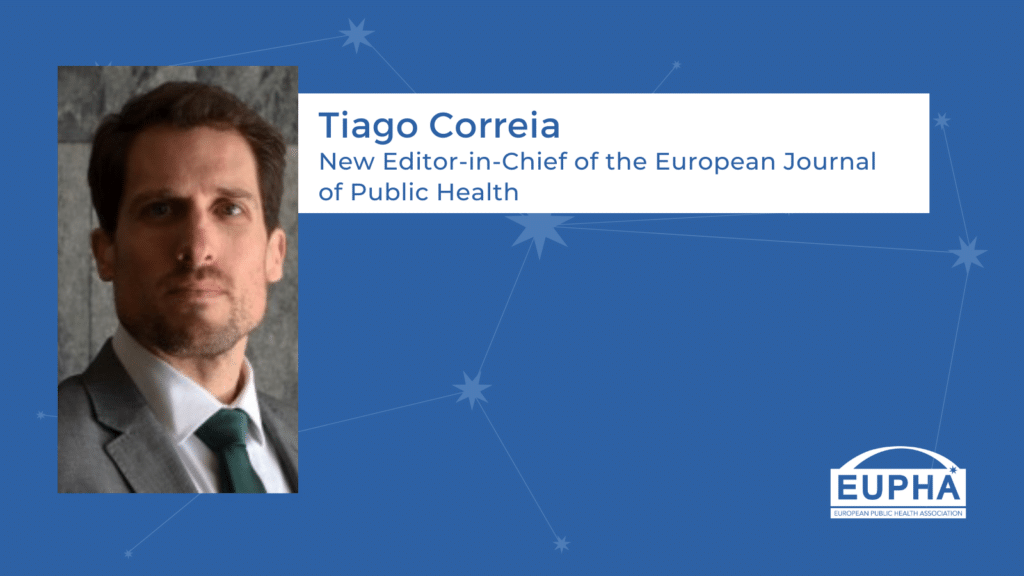The Council Conclusions on strengthening the European Health Union, that were published yesterday, 20 December, mention digital health. In our supplement ‘Digitalization: potentials and pitfalls from a public health perspective‘ the public health’s community take on digital health is portrayed, including:
– the identification of discrimination; breaches of privacy; iatrogenesis; disinformation and misinformation or ‘fake news;’ and cyber-attacks as five factors that should pose a serious cause for concern by the public health community and which merit further research;
– the responsibility of governments to create the policy environment and incentives that steer the industry towards the development, adoption and use of technologies that contribute to health system goals going beyond the confines of health technology assessment in evaluating specific technologies to see whether they should be funded;
– the proposal of applying the health literacy approach as one of the possible avenues to ensure that digital technologies work to reduce rather that reproduce health inequalities;
– the importance of designing and setting up digital health interventions in an ethical and fair manner;
– a call for all for new approaches to be found for translating the big data into meaningful information that health care professionals can use to impact on health outcomes & the need for European action on international technical standards embracing a paradigm for openness in data;
– a mapping of the potential of digital technologies to improve public health research, policy and practice.
Read the full supplement here.
Furthermore, the Council Conclusions make mention of mental health and eHealth. To learn more about the evidence base of e-mental health, read our supplement ‘E-mental health: exploring the evidence base and stakeholders’ perspectives on Internet-based interventions for the prevention of mental health conditions’, available here.



